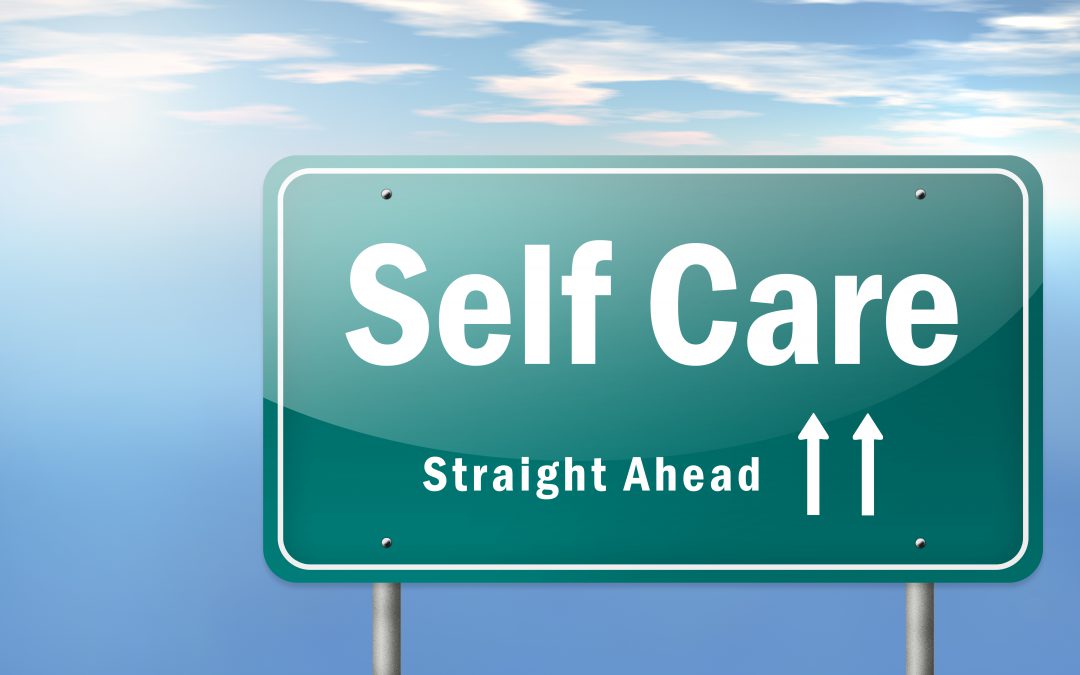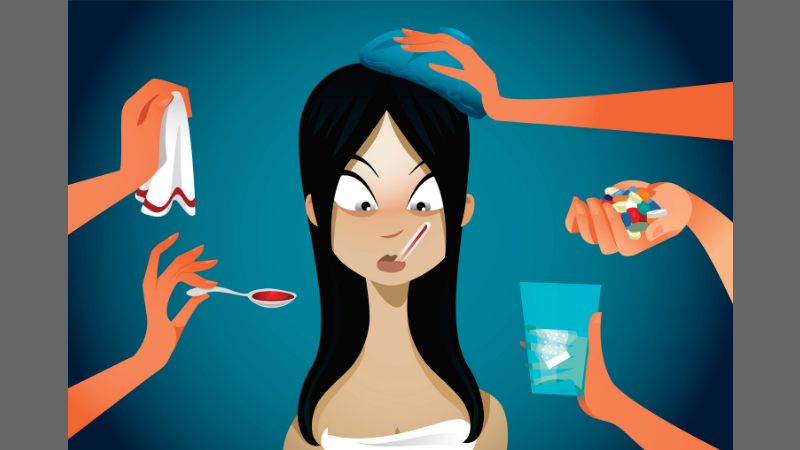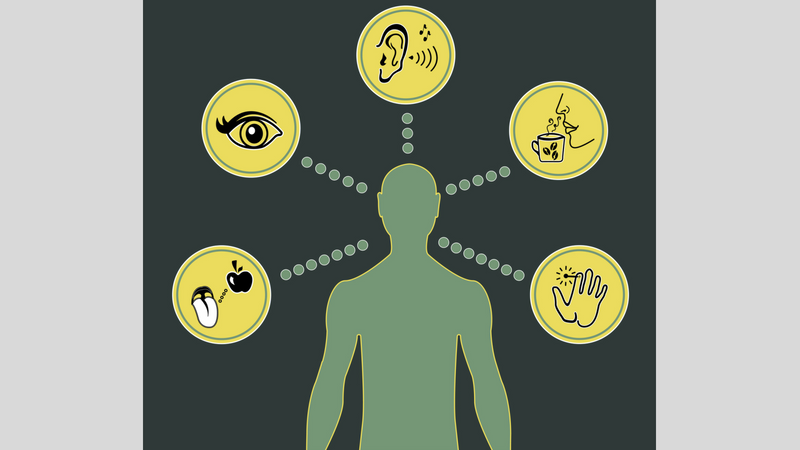
Routines—we all have them. Some of these routines are intentional – such as the bedtime routine – and others are ones we fall into. Routines are important for all of us; they create predictability and provide comfort. As we look at establishing healthy routines, we’ll provide a list of five steps to help us identify and tweak existing routines, and to build new ones.

R&R. Vacation. Time off. PTO. Whatever you call it, in our society, taking time to rehabilitate ourselves from the day-to-day grind is desperately desired and often neglected. Too often, we only think of “rest” as what we do on vacation, or the weekend. What if we were to invite rest and joy into our daily lives? What impact would that make?

When we think about changing our minds and how we think, we often think of the perfectionism or fears we live with, and focus on how to get rid of them. The apostle Paul challenges us to think differently, to think of changing our minds as part of the process of putting on our “new self.” One practical way to do this is challenging our Thinking Distortions.

Even when we know the importance of putting together a good self-care plan, it can feel overwhelming to do. Four pillars? Each pillar has multiple pieces? The heart races and the breathing gets shorter. Let’s slow it down and tackle this process – together.

While treatment plans come in all shapes and sizes, there are four pillars that form the foundation of every self-care plan. Creating a self-care plan that addresses our physical, mental, spiritual, and relational needs is a key step in our recovery process. No two plans look the same, nor could they.

We all have down cycles, so why don’t we plan for them? Future care is about simple steps we can take when we are well to make our next down cycle easier.

Taking time for ourselves may feel selfish, but planning pleasant activities is a vital part of our self-care plan. All you need is five minutes!

Doing the hard work of mental health recovery helps us do more than gain resiliency. It helps us build a better life. A life worth living.

When we hit a crisis, it’s awful. Our ability to respond normally is lost to us. Thankfully, we have options to self-soothe ourselves.

One of the symptoms of depression and anxiety is the loss of joy in our lives; for most of usv. Learning to find joy is not always easy, but it is possible.

















